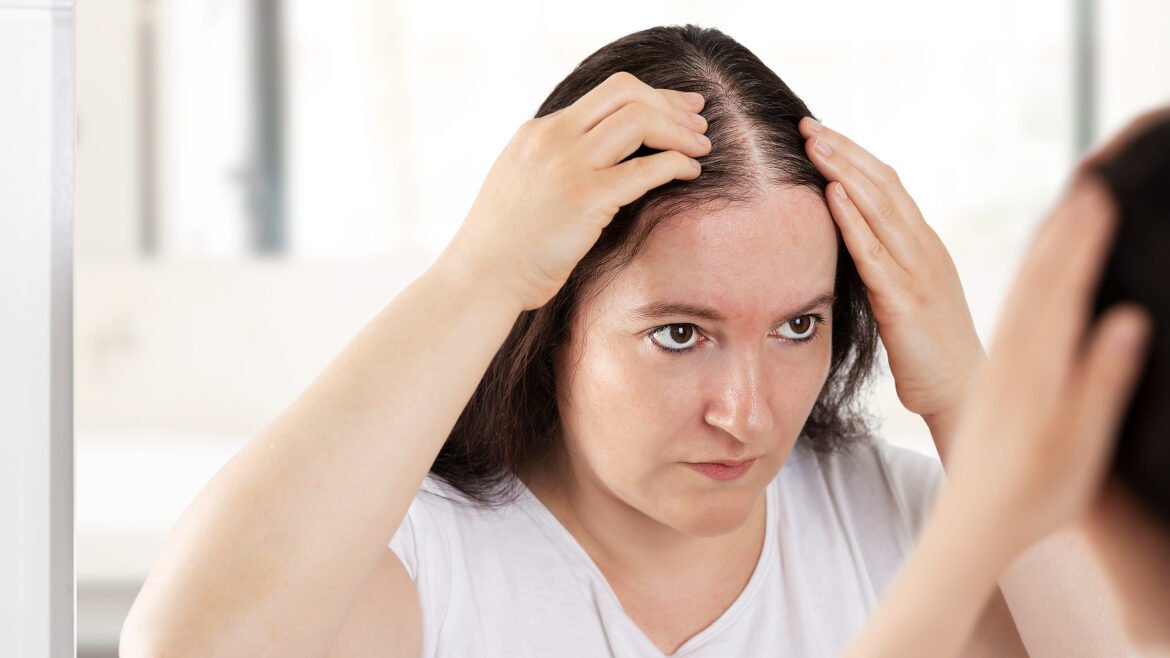Introduction
Hair loss is a condition that affects millions of people worldwide, regardless of age or gender. From genetics to lifestyle choices, various factors can contribute to thinning hair, bald patches, or complete loss. In recent years, E-Drug Stores (online pharmacies) have made it easier for individuals to access medications and treatments for hair loss. While this convenience is valuable, it also raises questions about safety, effectiveness, and proper usage of these products.
This article explores the connection between hair loss, available treatments, and how to use E-Drugs safely for managing the condition.
What Causes Hair Loss?
Before discussing treatments, it’s important to understand the common causes of hair loss:
- Genetics: Androgenetic alopecia (male and female pattern baldness) is the most common cause.
- Hormonal changes: Pregnancy, menopause, and thyroid disorders can trigger shedding.
- Medical conditions: Autoimmune disorders like alopecia areata, scalp infections, or chronic illnesses.
- Medications: Certain drugs for blood pressure, depression, or chemotherapy can cause temporary hair loss.
- Lifestyle factors: Poor nutrition, stress, lack of sleep, and smoking often contribute to hair thinning.
Popular Medications for Hair Loss Available Online
Online pharmacies, or E-Drug Stores, provide access to widely prescribed medications for hair loss. Some of the most common include:
- Minoxidil (Rogaine): A topical treatment that stimulates hair growth and slows down hair thinning.
- Finasteride (Propecia): An oral medication for men that reduces hormone-related hair loss.
- Dutasteride: Another oral drug used for treating male pattern baldness.
- Biotin supplements: Popular online for supporting hair strength and growth.
- Topical corticosteroids: Prescribed for autoimmune-related hair loss conditions.
These treatments are often available from E-Drug Stores, but patients should ensure they are purchasing from verified, legitimate sources.
The Role of E-Drug Stores in Hair Loss Treatment
E-Drug Stores have made hair loss solutions more accessible by:
- Offering discreet delivery for sensitive conditions.
- Providing competitive pricing compared to traditional pharmacies.
- Allowing patients to refill prescriptions easily.
- Offering a wide variety of FDA-approved hair care products, shampoos, and supplements.
However, not all online pharmacies are safe. Some may sell counterfeit or unapproved medications that could harm health.
Risks of Buying Hair Loss Medications from Unsafe Sources
Purchasing from unverified online platforms comes with risks:
- Counterfeit drugs: Fake products may contain harmful ingredients.
- Wrong dosage: Without professional consultation, misuse can lead to side effects.
- Delayed treatment: Using ineffective drugs can worsen hair loss over time.
- Unregulated products: Some herbal or cosmetic solutions sold online may not meet safety standards.
How to Use Hair Loss Medications Safely
To avoid complications when purchasing hair loss treatments from E-Drug Stores, follow these safety steps:
- Choose verified online pharmacies with proper licenses.
- Consult a doctor before starting any medication.
- Check product authenticity by reviewing packaging, batch numbers, and expiration dates.
- Follow dosage instructions strictly to avoid side effects.
- Monitor side effects such as scalp irritation, dizziness, or hormonal changes, and report them to your physician.
Lifestyle and Natural Remedies for Hair Loss
Alongside E-Drug medications, lifestyle changes can help improve hair health:
- Eat a balanced diet rich in protein, vitamins, and iron.
- Practice stress management techniques like yoga and meditation.
- Ensure adequate sleep for natural repair and growth.
- Use gentle hair care practices — avoid excessive heat styling, tight hairstyles, or harsh chemicals.
- Consider natural oils like rosemary or castor oil to strengthen roots.
Long-Term Benefits of Proper Treatment
With the right approach, treating hair loss with E-Drug solutions can lead to:
- Thicker, stronger hair
- Reduced hair shedding
- Improved self-confidence
- Slower progression of baldness
- Overall healthier scalp condition
Final Thoughts
Hair loss can be emotionally and physically challenging, but modern treatments combined with the convenience of E-Drug Stores have made it easier than ever to manage. While medications like minoxidil and finasteride can deliver effective results, it is crucial to buy only from safe, licensed online pharmacies and to follow medical guidance. A holistic approach — combining proper treatment, healthy lifestyle choices, and safe online buying practices — offers the best chance for restoring hair and confidence.

